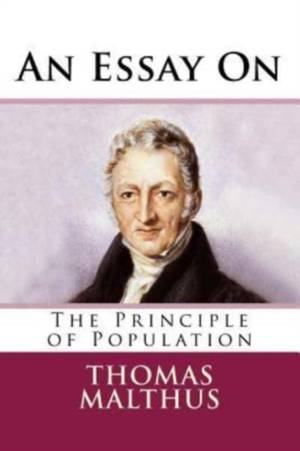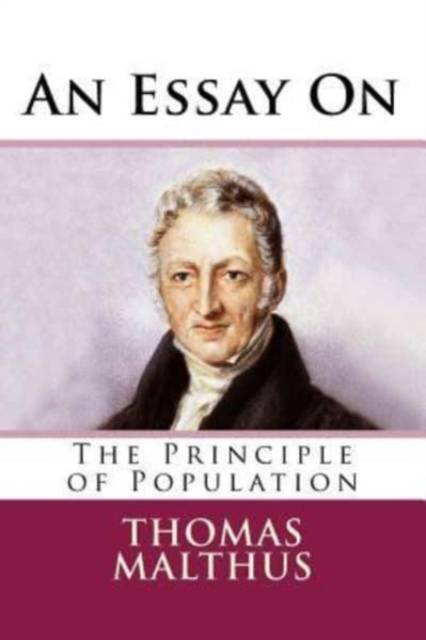
- Retrait gratuit dans votre magasin Club
- 7.000.000 titres dans notre catalogue
- Payer en toute sécurité
- Toujours un magasin près de chez vous
- Retrait gratuit dans votre magasin Club
- 7.000.0000 titres dans notre catalogue
- Payer en toute sécurité
- Toujours un magasin près de chez vous
13,95 €
+ 27 points
Format
Description
The following Essay owes its origin to a conversation with a friend, on the subject of Mr Godwin's essay on avarice and profusion, in his Enquirer. The discussion started the general question of the future improvement of society, and the Author at first sat down with an intention of merely stating his thoughts to his friend, upon paper, in a clearer manner than he thought he could do in conversation. But as the subject opened upon him, some ideas occurred, which he did not recollect to have met with before; and as he conceived that every least light, on a topic so generally interesting, might be received with candour, he determined to put his thoughts in a form for publication. The Essay might, undoubtedly, have been rendered much more complete by a collection of a greater number of facts in elucidation of the general argument. But a long and almost total interruption from very particular business, joined to a desire (perhaps imprudent) of not delaying the publication much beyond the time that he originally proposed, prevented the Author from giving to the subject an undivided attention. He presumes, however, that the facts which he has adduced will be found to form no inconsiderable evidence for the truth of his opinion respecting the future improvement of mankind. As the Author contemplates this opinion at present, little more appears to him to be necessary than a plain statement, in addition to the most cursory view of society, to establish it. It is an obvious truth, which has been taken notice of by many writers, that population must always be kept down to the level of the means of subsistence; but no writer that the Author recollects has inquired particularly into the means by which this level is effected: and it is a view of these means which forms, to his mind, the strongest obstacle in the way to any very great future improvement of society. He hopes it will appear that, in the discussion of this interesting subject, he is actuated solely by a love of truth, and not by any prejudices against any particular set of men, or of opinions. He professes to have read some of the speculations on the future improvement of society in a temper very different from a wish to find them visionary, but he has not acquired that command over his understanding which would enable him to believe what he wishes, without evidence, or to refuse his assent to what might be unpleasing, when accompanied with evidence.
Spécifications
Parties prenantes
- Auteur(s) :
- Editeur:
Contenu
- Nombre de pages :
- 168
- Langue:
- Anglais
Caractéristiques
- EAN:
- 9781500109721
- Date de parution :
- 06-06-14
- Format:
- Livre broché
- Format numérique:
- Trade paperback (VS)
- Dimensions :
- 152 mm x 229 mm
- Poids :
- 256 g

Les avis
Nous publions uniquement les avis qui respectent les conditions requises. Consultez nos conditions pour les avis.






